Adjustment Disorder
Adjustment Disorder
What is Adjustment Disorder?
Adjustment disorder is a group of symptoms, such as stress, feeling sad or hopeless, and physical symptoms that can occur after you go through a stressful life event.
The symptoms occur because you are having a hard time coping. Your reaction is stronger than expected for the type of event that occurred.
Causes
Many different events may trigger symptoms of an adjustment disorder. Whatever the trigger is, the event may become too much for you.
Stressors for people of any age include:
- Death of a loved one
- Divorce or problems with a relationship
- General life changes
- Illness or other health issues in yourself or a loved one
- Moving to a different home or a different city
- Unexpected catastrophes
- Worries about money
Triggers of stress in teenagers and young adults may include:
- Family problems or conflict
- School problems
- Sexuality issues
There is no way to predict which people who are affected by the same stress are likely to develop adjustment disorder. Your social skills before the event and how you have learned to deal with stress in the past may play roles.
Symptoms
Symptoms of adjustment disorder are often severe enough to affect work or social life. Symptoms include:
- Acting defiant or showing impulsive behavior
- Acting nervous or tense
- Crying, feeling sad or hopeless, and possibly withdrawing from other people
- Skipped heartbeats and other physical complaints
- Trembling or twitching
To have adjustment disorder, you must have the following:
- The symptoms clearly come after a stressor, most often within 3 months
- The symptoms are more severe than would be expected
- There do not appear to be other disorders involved
- The symptoms are not part of normal grieving for the death of a loved one
Sometimes, symptoms can be severe and the person may have thoughts of suicide or make a suicide attempt.
Treatment
The main goal of treatment is to relieve symptoms and help you return to a similar level of functioning as before the stressful event occurred.
Most mental health professionals recommend some type of talk therapy. This type of therapy can help you identify or change your responses to the stressors in your life.
Cognitive behavioral therapy (CBT) is a type of talk therapy. It can help you deal with your feelings:
- First, the therapist helps you recognize the negative feelings and thoughts.
- Then, the therapist teaches you how to change these into helpful thoughts and healthy actions.
Other types of therapy may include:
- Long-term therapy, where you will explore your thoughts and feelings over many months or more
- Family therapy, where you will meet with a therapist along with your family
- Self-help groups, where the support of others may help you get better
Medicines may be used, but only along with talk therapy. These medicines may help if you are:
- Nervous or anxious most of the time
- Not sleeping very well
- Very sad or depressed
